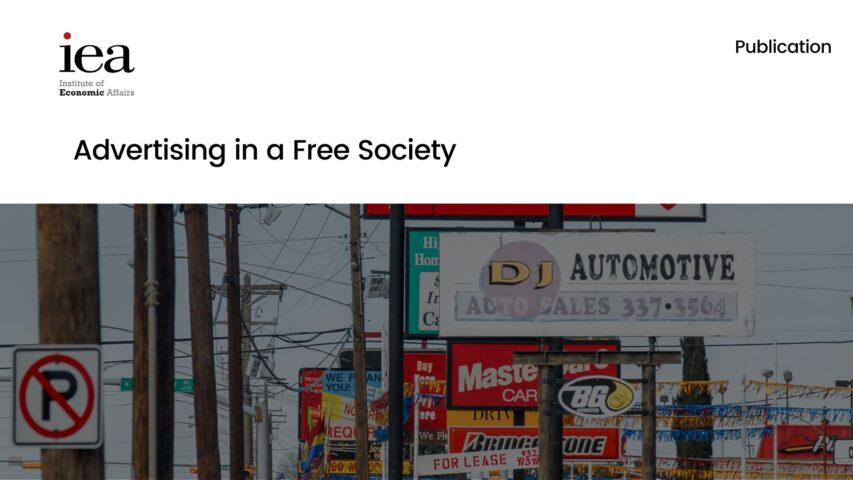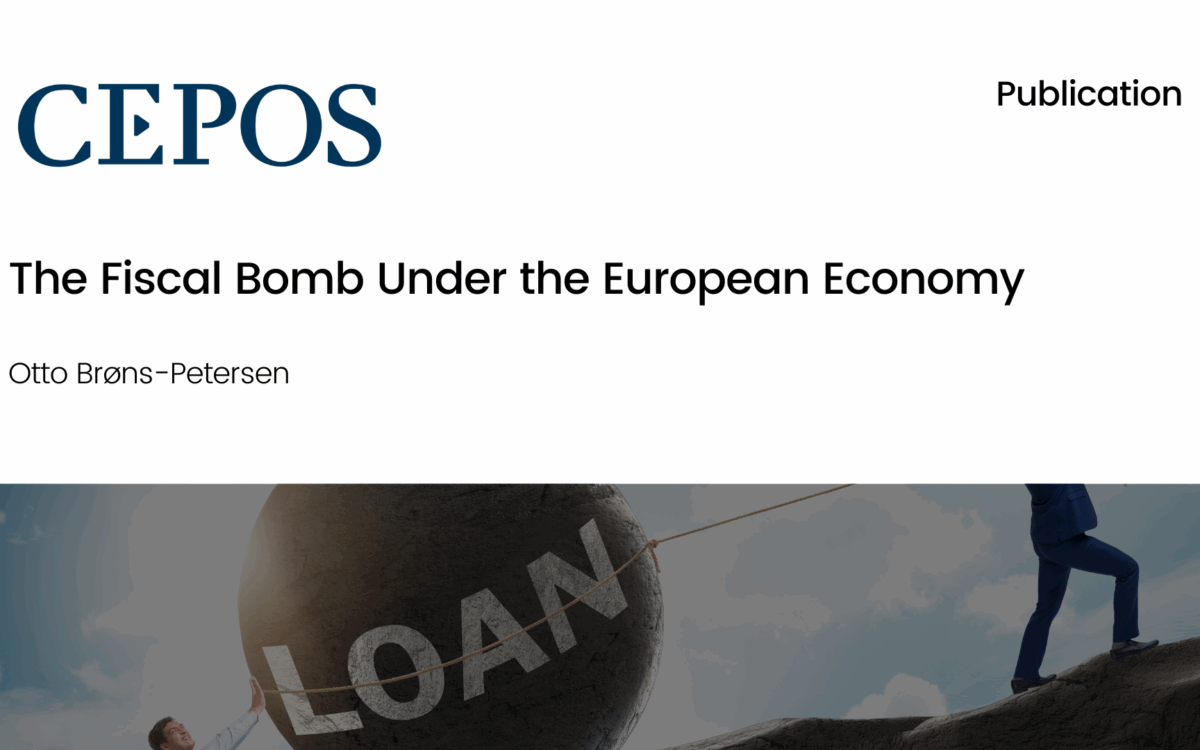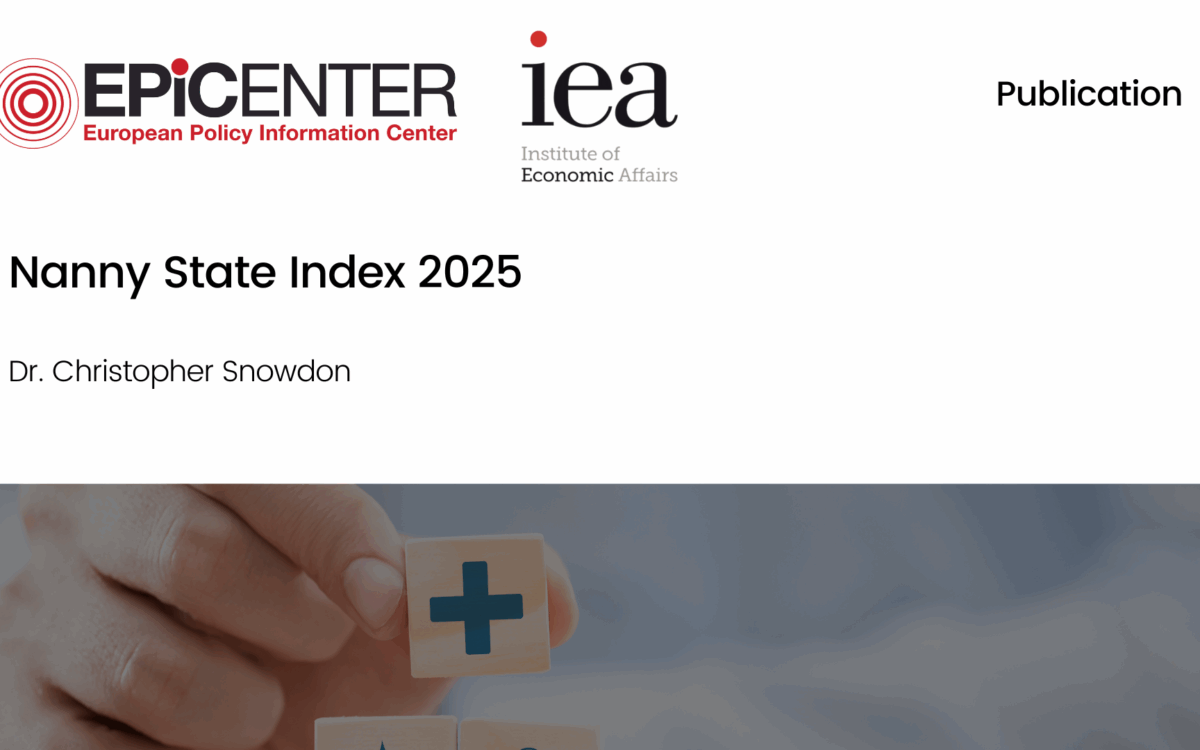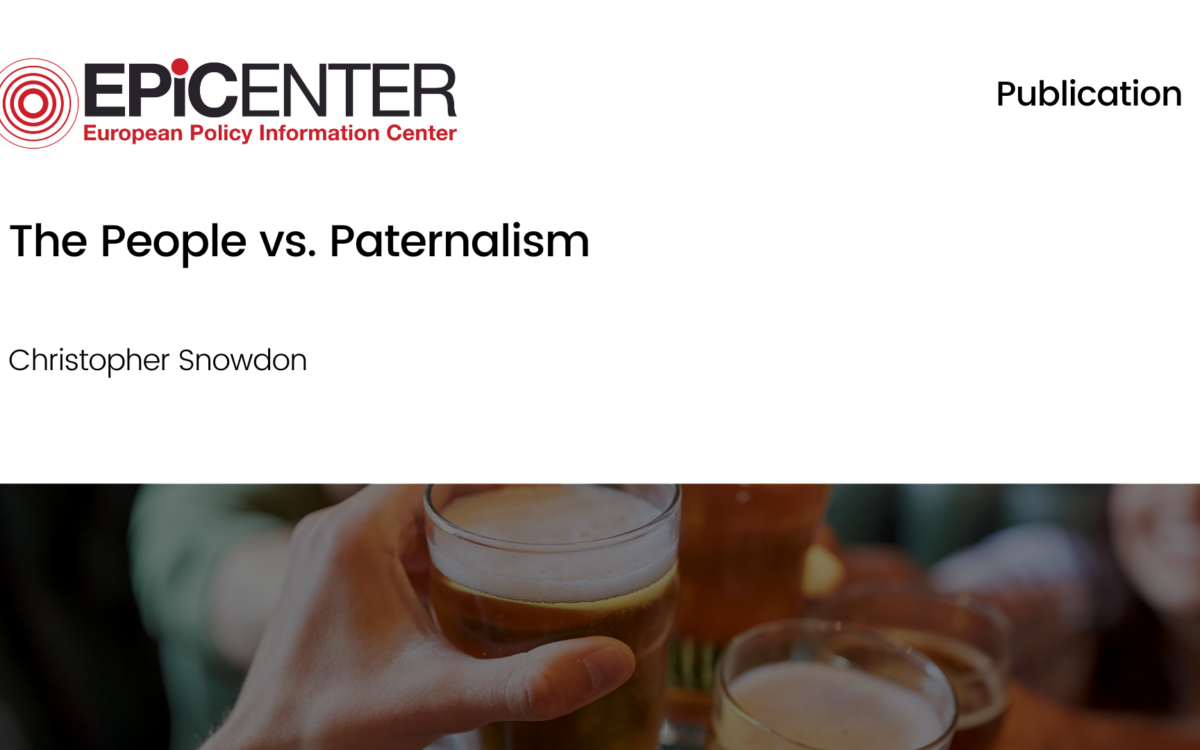Advertising in a Free Society

Advertising in a Free Society
September 2014
In practice it is impossible to distinguish between advertising that is intended to be persuasive and advertising that is intended to be informative. Persuasive advertising normally has information content and even basic information provided by a company about its products will normally be intended to make consumers more interested in the product. The evidence suggests that advertising is not manipulative in any meaningful sense. It is not an important determinant of consumer behaviour, though it can help build brand loyalty. All serious studies of the advertising of alcohol and tobacco suggest that it has the same impact on the overall consumption of these products as on the consumption of any other product: none. An attack on advertising is, in effect, an attack on free speech. While commercial free speech may not be valued as highly by some as other forms of free speech, it should, nevertheless, be defended as an important principle
Download or share this publication
View the PDF
EPICENTER publications and contributions from our member think tanks are designed to promote the discussion of economic issues and the role of markets in solving economic and social problems. As with all EPICENTER publications, the views expressed here are those of the author and not EPICENTER or its member think tanks (which have no corporate view).



